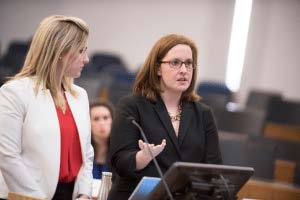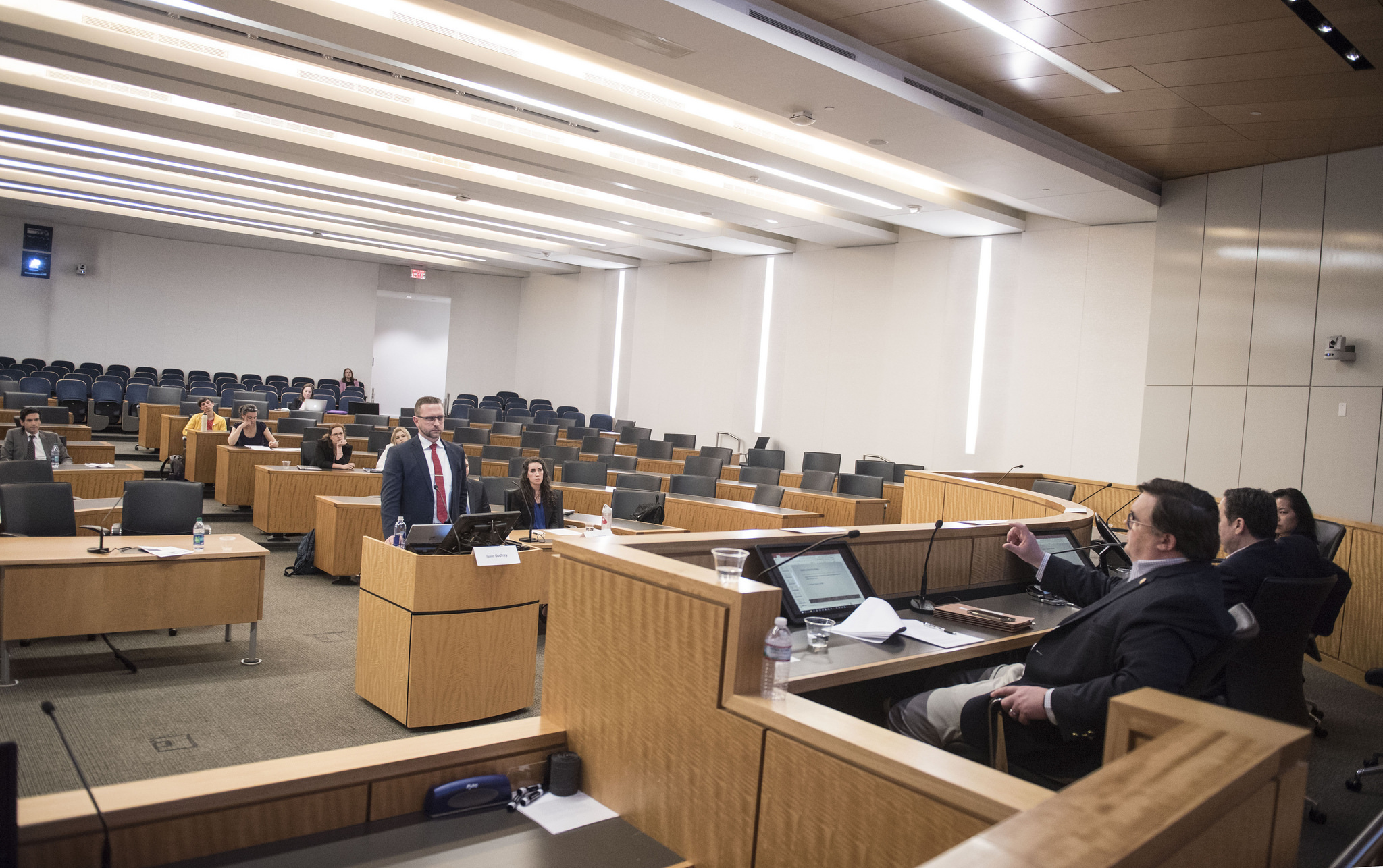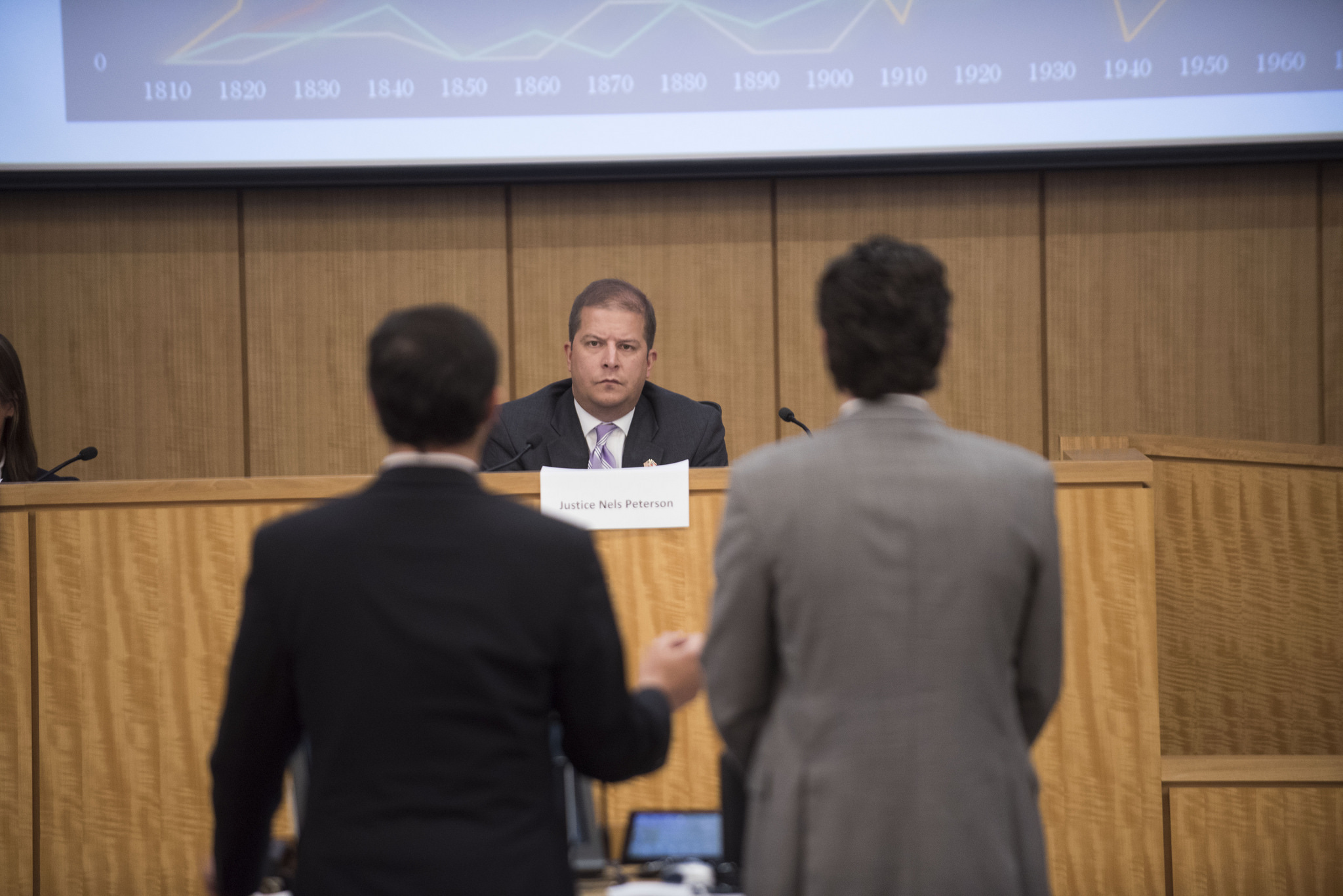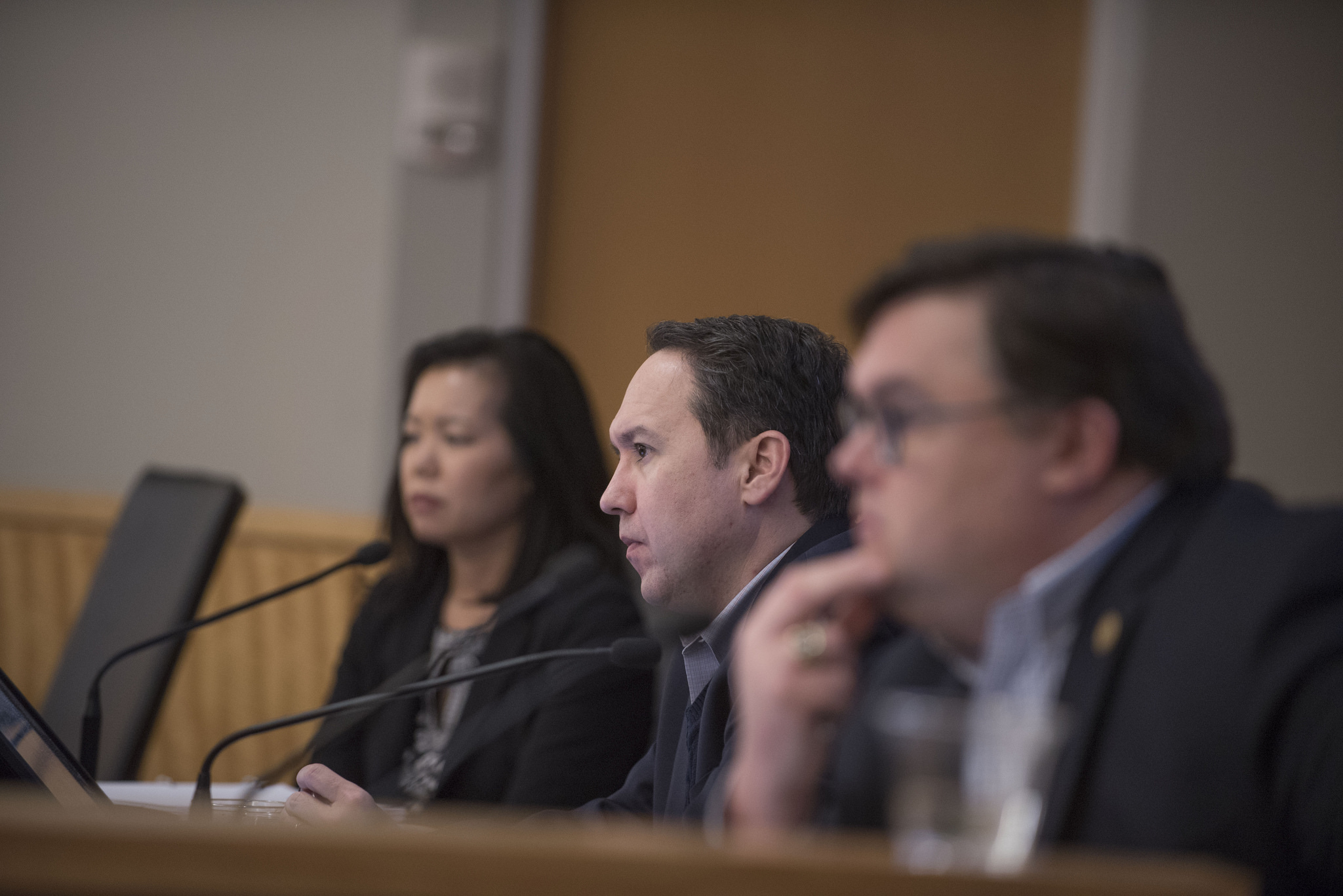Linguistic Analysis of Legal Texts
Georgia
State University College of Law
Clark D.Cunningham
W. Lee Burge Chair in Law & Ethics
Spring Semester 2026:
Wed, 4:10 pm - 5:50 pm
Seminar Room 442
Office Hours: Wednesdays, 3:00-3:30pm
(Office 210)
Syllabus (as of January 16, 2026)
Web Site Address: http://www.clarkcunningham.org/JP/index.htm
Teaching Assistant: Youngmeen Kim, Ph.D. Candidate, Applied Linguistics (CV)
Course Number: Law 7293
3 credits
This course satisfies the upper level writing requirement
Prerequisites: Constitutional Law I and II, Criminal Procedure: Investigations, or permission of the instructor. Enrollment may be limited.
This course is administered through a website on The West Educational Network (TWEN.)
No textbook to purchase at bookstore. All required readings are linked to the on-line syllabus posted on TWEN.
Course
Description
Interpreting a statute or constitutional provision may include investigation into evidence of the original meaning of the text as understood at the time of enactment. Recent developments in computational linguistics provide lawyers, judges and legal scholars powerful new, empirical methods for investigating original meaning. Students will learn how to look for and evaluate evidence of original meaning by using linguistic analysis of large datasets of texts from the period of enactment supplemented by historical research. The course will be of particular value to students interested in a judicial clerkship after graduation.
The course grade will be based on:
10% - Class participation
20% - Paper: First Draft
50% - Paper: Final Draft
10% - Presentation of Research Findings
10% - Effective collaboration with linguist expert(s)
The grade for either the first draft or final draft will be reduced by the equivalent of a full letter grade (e.g. A to B, D to F) if submitted late without good cause. Further grade reduction is possible depending on how late the paper is submitted. A failing grade for the paper may be entered if submission is very late without good cause.
There will not be a final exam.
Required
Materials
All required readings will be posted on the TWEN course web site,
linked to the syllabus. There is no text to purchase at
the bookstore.
Contact
Information
Clark D. Cunningham
Office 210
Phone: (404) 413-9168
Fax: (404) 413-9225
Email: cdcunningham@gsu.edu
Home page: www.ClarkCunningham.org
Six students who have taken this course subsequently co-authored law review articles that had their origin in the students' seminar papers:
Stephanie Nicole Miller (JD 2022) & Mary Kay Bacallao (JD 2021), Justice Alito's Question: "Can it be said that the right to abortion is deeply rooted in the history and traditions of the American people?" Corpus linguistic evidence suggests the answer is “No.”, Harvard Journal of Law & Public Policy - Per Curiam (May 18, 2022)
"Questions Involving National Peace and Harmony" or "Injured Plaintiff Litigation"? The Original Meaning of "Cases" in Article III of the Constitution ,
Haoshan Ren, Margaret Wood, Clark D. Cunningham, Noor Abbady, Ute Römer, Heather Kuhn (JD 2020), and Jesse Egbert, 36 Ga. St. L. Rev. 535 (2020)
Effective but Limited: A Corpus Linguistic Analysis of the Original Public Meaning of Executive Power,
Eleanor Miller (JD 2018) and Heather Obelgoner (JD 2018), 36 Ga. St. U. L. Rev. 607 (2020)
"We the Citizens?": A Corpus Linguistic Inquiry into the Use of "People" and "Citizens" in the Founding Era,
Abigail Stout (JD 2019), Diana Coetzee, and Ute Römer, 36 Ga. St. U. L. Rev. 665 (2020)
The inguistic research reported in "Questions Involving National Peace and Harmony" or "Injured Plaintiff Litigation"? The Original Meaning of "Cases" in Article III of the Constitution was submitted, at the request of the court, in two amicus briefs in Wright v. Spaulding, 939 F.3d 695 (6th Cir. 2019), and acknowledged in the court's decision, id. at 700 n.1.
Professor Cunningham collaborated with linguistics professor Jesse Egbert on amicus briefs filed in two cases brought against President Donald Trump alleging that his receipt of funds from foreign governments through continued ownership of the Trump International Hotel in Washington violates the prohibition on accepting emoluments clause of the Constitution. In both cases, the courts of appeal ruled against President Trump; in one case, the amicus brief was cited with approval, In re Trump, 958 F.3d 274, 286 (4th Cir. en banc). Both cases were subquently dismissed as moot by the Supreme Court following the completion of President Trump's term in office.
Articles about the amicus brief cited by the 4th Circuit:
Law Journal Editorial Board, On Language, Lawyers and Judges Don't Have All the Answers (March 22, 2019)
Aaron Blake, A big Trump case hinges on the definition of ‘emoluments.’ A new study has bad news for him (Washington Post Jan 29, 2019)
Amelia Thomson-DeVeaux, How Two Arcane Clauses In The Constitution Could Expose Trump’s Businesses (FiveThirtyEight March 18, 2019)
Elie Mystal, Emoluments Amicus Fitting To Turn Originalists Into Hypocrites, Again (Above the Law Jan 29, 2019)
|
(May 14 2020).jpg) |
Articles and conference presentations about this course:
"Teaching Lawyers about using corpus lingustics"(ppt) (Slides as pdf) (Presented September 21, 2018, 14th American Association for Corpus Linguistics Conference)
Big Data Meets the Constitution in New Originalism Project
Georgia appellate judges evaluate cutting-edge inquiries
into what the Constitution's framers meant from
Georgia State University law students.
Meredith Hobbs, Daily Report, May 1, 2018
"This is revolutionary,” said Georgia Appeals Court Chief Judge Stephen Dillard. “It’s like Westlaw for originalism.”
|
 |
 |
|
Students Present New Insights on Original Meaning
of Constitution to Judges using “Big Data”
of Corpus Linguistics
GSU College of Law News, May 21, 2018
“I thought the students were all exceptionally well prepared, the writing was very strong, the research was very strong, and it’s grappling with some of the most difficult questions that courts have to deal with today.” Justice Nels Peterson, Supreme Court of Georgia
|
 |
 |
|
Research Projects: Fall 2021
Student Presentations (webcast)
Research Projects: Spring 2021
Student Presentations (webcast)
Research Projects: Spring 2018
Student Presentations (webcast)
(May 14 2020).jpg)



